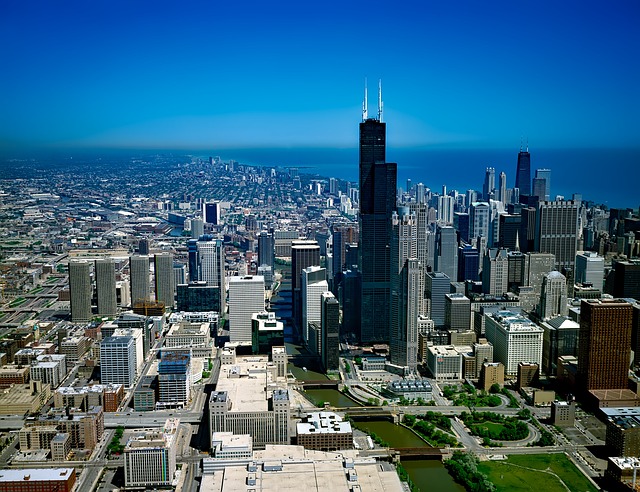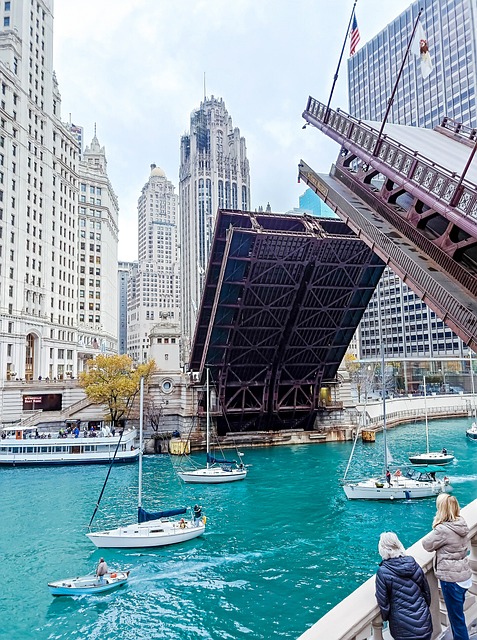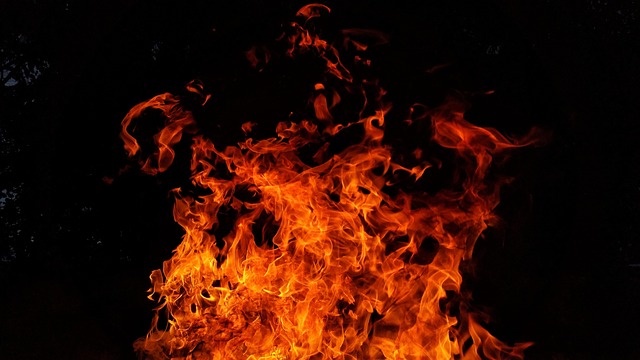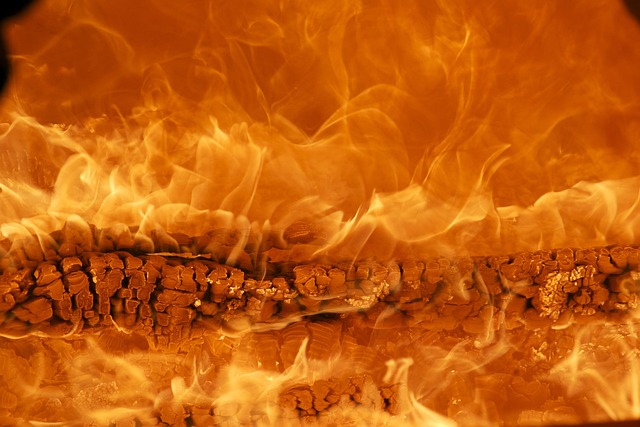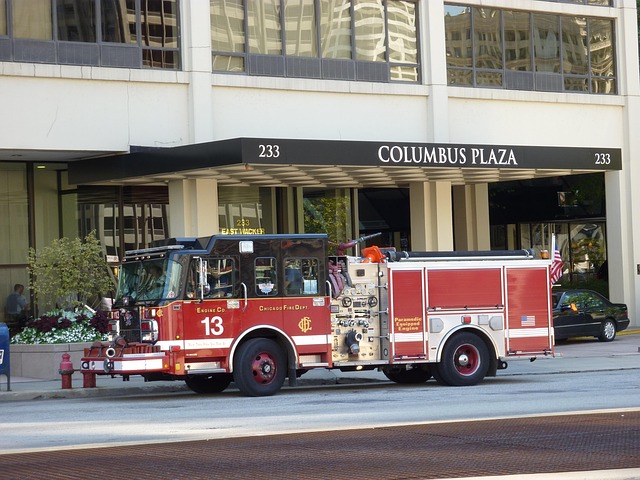Chicago's vibrant real estate market presents unique opportunities for investors, especially those interested in renovating distressed properties like fire-damaged homes. With a strong economy and high demand, investing in these properties can yield significant profits. However, careful assessment, understanding local building codes, and navigating legal considerations are crucial steps. By analyzing market data, assessing damage, and executing strategic renovation plans, investors can successfully sell houses with fire damage in Chicago, transforming distressed assets into valuable real estate while contributing to the city's revitalization.
“Chicago’s real estate market, renowned for its dynamic nature, presents a unique landscape for investors seeking lucrative opportunities. This article delves into the intricacies of navigating this vibrant city’s property scene, focusing on the challenges and rewards of investing in fire-damaged properties. From understanding the local market dynamics to legal considerations, it explores essential strategies for successful rehabilitation and resale, targeting Chicago’s savvy investors interested in maximizing returns on selling houses with fire damage.”
- Understanding the Chicago Real Estate Market
- Challenges and Opportunities for Investors: Fire-Damaged Properties
- Evaluating Fire Damage: What Investors Need to Know
- Strategies for Successful Rehabilitation and Resale in Chicago
- Legal Considerations and Insurance Claims for Investors Dealing with Fire Damage
Understanding the Chicago Real Estate Market
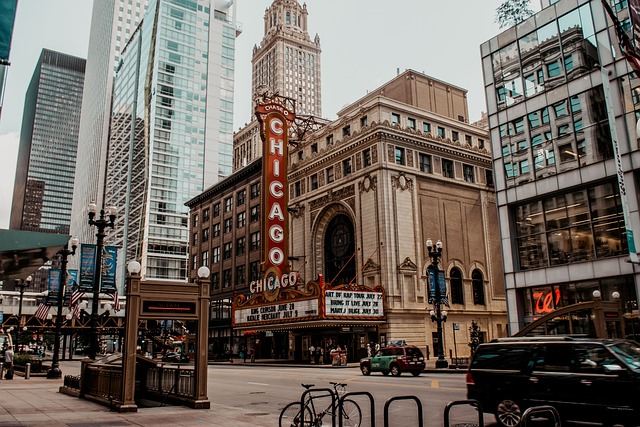
Chicago’s real estate market is dynamic and diverse, offering a unique blend of historic architecture and modern developments. For investors, understanding this market means recognizing its strengths and challenges. One significant aspect to consider is the potential for lucrative opportunities in areas with renovation projects, such as selling a house with fire damage Chicago. While initial costs may be high, areas with distressed properties often present an excellent chance for growth, especially in neighborhoods experiencing urban renewal.
The city’s economy, driven by finance, healthcare, and technology sectors, contributes to its robust property values. However, investors should also be aware of the seasonal fluctuations and stay updated on local trends. By studying market data and identifying areas with high demand but limited supply, real estate investors in Chicago can make informed decisions, ensuring their portfolio remains competitive in this ever-evolving marketplace.
Challenges and Opportunities for Investors: Fire-Damaged Properties

Chicago’s real estate landscape presents a unique set of challenges and opportunities for investors, particularly when it comes to fire-damaged properties. These structures, though potentially lucrative, demand careful consideration due to the significant repairs and renovations required. Fire damage can leave behind structural issues, aesthetic challenges, and safety concerns that need addressing before a property is fit for market. Investors must assess the extent of the damage, understand local building codes and reconstruction regulations, and factor in the costs of remediation.
However, for those willing to take on these tasks, fire-damaged properties in Chicago can offer substantial rewards. The city’s robust real estate market means there’s a consistent demand for housing, and buyers seeking affordable options or renovation projects might find value in these properties. Additionally, with careful restoration, investors have the chance to transform distressed assets into attractive, modern homes or commercial spaces, capitalizing on the competitive Chicago property market while contributing to the city’s revitalization.
Evaluating Fire Damage: What Investors Need to Know
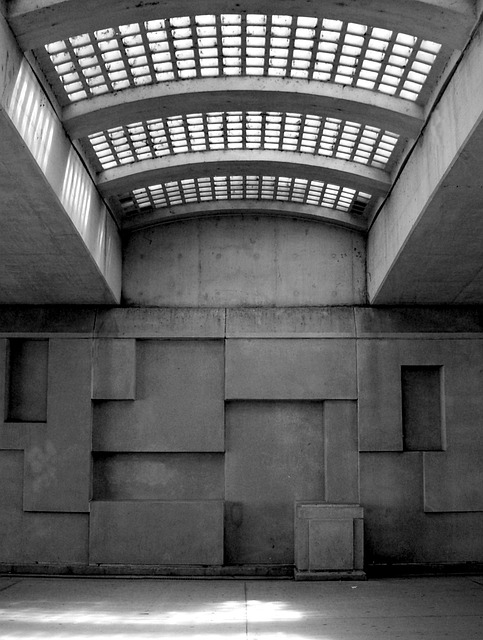
When considering a purchase of a selling house with fire damage in Chicago, investors should approach the process with careful assessment and due diligence. Fire damage can significantly impact a property’s value and present unique challenges during the renovation process. It is crucial to thoroughly evaluate the extent of the damage, ensuring that all safety hazards are addressed and the necessary repairs are accurately estimated.
Chicago’s strict building codes and regulations regarding fire restoration should be thoroughly understood by investors. The process involves careful planning, adherence to guidelines, and potential collaboration with professionals specializing in fire repair. Proper evaluation will help investors make informed decisions, consider potential costs, and assess the property’s future resale value after renovations are completed.
Strategies for Successful Rehabilitation and Resale in Chicago

Chicago’s real estate market offers unique opportunities for investors, especially those looking to rehabilitate and resell properties. A key strategy involves identifying distressed homes, particularly those with fire damage. Selling a house with fire damage in Chicago can be lucrative; many buyers are drawn to the potential for renovation and the chance to own a piece of the city’s history.
When undertaking such projects, investors should focus on thorough inspections and accurate assessments. Understanding the extent of the damage is crucial for budgeting and planning. Repairs may range from structural renovations to complete gut rehabs, depending on the severity of fire damage. A well-planned rehabilitation strategy, combined with a competitive resale price, can result in significant returns.
Legal Considerations and Insurance Claims for Investors Dealing with Fire Damage
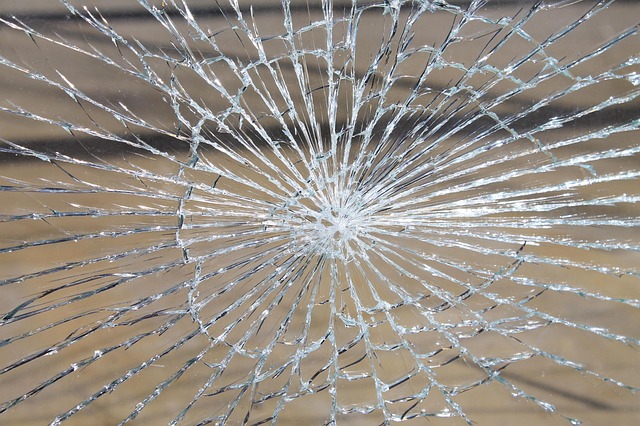
When dealing with a selling house with fire damage in Chicago, investors must be aware of several legal considerations. In Illinois, property owners and investors are protected by state laws that outline the responsibilities of both parties during the renovation or sale process. After a fire, it’s crucial to obtain a thorough inspection report from a qualified professional to assess the extent of the damage. This document will serve as evidence for any insurance claims and legal disputes that may arise.
Insurance plays a pivotal role in mitigating financial risks for investors facing fire damage. Homeowners’ insurance policies typically cover structural damage, but specific coverage for contents and potential losses due to smoke and soot may vary. Investors should carefully review their policies, especially when considering the cost of repairs or replacement versus selling as-is. In Chicago, where real estate markets are competitive, understanding legal protections and insurance implications is essential for investors navigating the complexities of fire damage claims.
Chicago’s real estate market, with its unique challenges like fire-damaged properties, presents both opportunities and hurdles for investors. By thoroughly understanding the local landscape, adopting strategic approaches to rehabilitation, and navigating legal intricacies, investors can successfully navigate the process of buying, rehabilitating, and reselling homes with fire damage in Chicago. This article has provided valuable insights into these key areas, empowering readers to make informed decisions and capitalize on lucrative opportunities in this dynamic market. For those looking to invest in selling houses with fire damage Chicago, the knowledge gained here will be invaluable in achieving successful outcomes.

